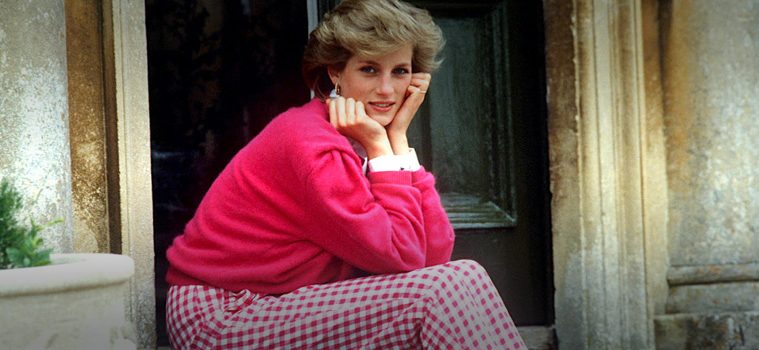Weighing the Alternatives –
December 3, 2020 – That’s when she started the binge-purge cycle; uncontrollably eating large quantities of food before forcing herself to vomit. “I’d go to the corner shop and buy a ridiculous amount of food – triple sandwiches, big bags of crisps, sweets and fizzy drinks – binge-eat them in a specific order, then purge until there was nothing left. It completely took over my life.” When Jeni saw her doctor, she was told that her potassium levels were so low – due to electrolyte imbalances caused by vomiting – that she was at risk of having a heart attack. She was referred for therapy but relapsed dangerously five years later, making herself sick around six times a day.
“I was scared so eventually I went to my GP for help,” Jeni says. “But my doctor told me I wasn’t underweight enough for treatment. I was crushed. I’d always felt like a fraud for having an eating disorder and not being ‘skinny’, and that just confirmed it.”
Now 32, Jeni is in a much better place mentally, but still purges from time to time. Like so many women over the age of 30 who have been battling bulimia since a young age, she’s simply learnt to deal with it on her own. Jeni’s experience may sound familiar if you’ve been watching the latest season of The Crown, which depicts Princess Diana’s battle with bulimia in graphic detail. The show portrays a young woman thrust onto the world stage, under constant scrutiny, struggling to cope in a doomed marriage. Consequentially, we watch a vulnerable and deeply troubled Diana resorting to binging and purging as a coping mechanism, gradually cloaking herself in bulimia like a security blanket. It gives her control in a situation in which she has none. “Unfortunately, there is a lot of stigma and misguided judgement attached to bulimia,” says Jessica Griffiths, clinical lead at eating disorder charity Beat. “There’s an assumption that people with any sort of eating disorder are just underweight, or that people with bulimia are simply greedy and can’t control how much they eat. But it’s not about the physical state – it’s not about discipline or willpower – it’s about the mindset, and the really powerful, distressing feelings driving these mental health issues.”



